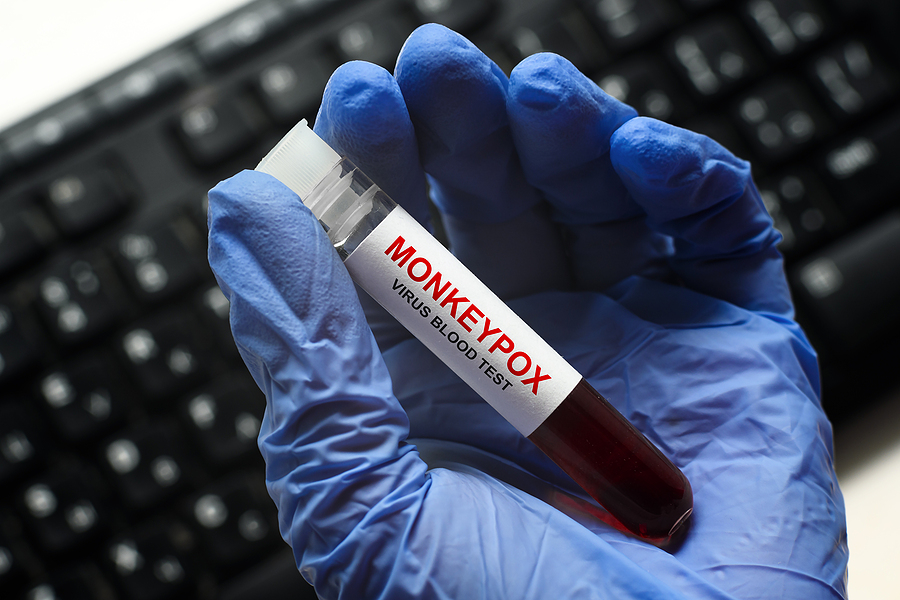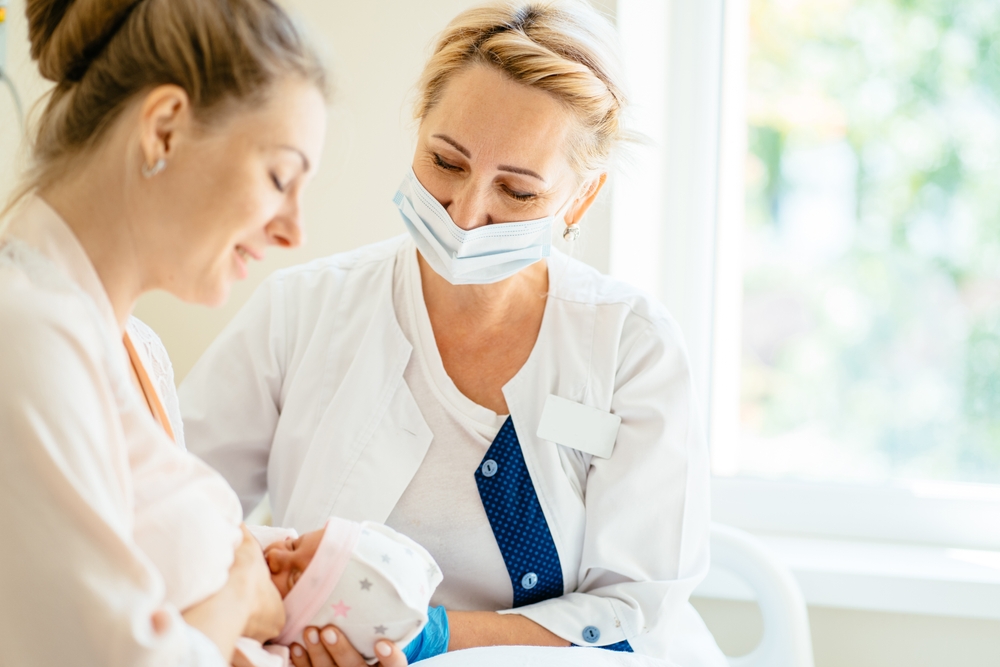By: Dr. Joseph Mechak
Monkeypox has been a hot topic in the news over the past month. On July 23rd the WHO declared monkeypox a Public Health Emergency of International Concern. The United States followed shortly thereafter declaring it a Public Health Emergency. Some excellent general resources about Mokeypox can be found below and we have tried to compile ‘what you need to know’ about Monkeypox.
- https://health.maryland.gov/phpa/OIDEOR/Pages/monkeypox.aspx
- https://www.cdc.gov/poxvirus/monkeypox/vaccines.html
- https://www.healthychildren.org/english/health-issues/vaccine-preventable-diseases/pages/what-is-monkeypox.aspx
Monkeypox Basics:
Monkeypox is a viral infection that causes a rash, fever, swollen lymph noodles, headache and other nonspecific symptoms. The rash starts as flat red spots but turns into blisters and bumps that tend to be painful or itchy. These bumps eventually burst or drain and leave scabs or crusted lesions. The rash typically starts on the face but in this outbreak has also been starting on the genitals. Monkeypox is not typically a life-threatening infection in otherwise healthy individuals.
- Find more information about Monkeypox symptoms here: https://www.cdc.gov/poxvirus/monkeypox/about.html
Who is at risk for Monkeypox
Anyone can contract Monkeypox, however, the vast majority of cases in the United states thus far have occurred in adult men that have sex with men. There is a higher rate of infection in those with HIV/AIDS. Monkeypox is primarily spread through prolonged direct physical contact though can be spread through respiratory droplets as well. It is NOT a sexually transmitted infection but sexual contact is a common means of spread. Having a prolonged, direct exposure to someone with monkeypox is the biggest risk factor in contracting the disease.
To date there have been 2 pediatric cases in the United States and 84 pediatric cases worldwide. At this point, this is not a disease of significant concern for young children.
- Find more about monkeypox cases here: https://www.cdc.gov/poxvirus/monkeypox/response/2022/us-map.html
Testing, Treatment and Prevention of Monkeypox
Several commercial laboratories have Monkeypox testing capabilities. Potomac Pediatrics is in the process of obtaining supplies to be able to offer this testing in the office for select individuals with exposure or history placing them at high risk for contracting the disease.
There are oral and IV medications available for children down to a weight of 3kg. The supply and availability of these medications, however, is limited and would need to be prescribed by the Health Department or Infectious Disease specialists at a major children’s hospital. We will not be able to prescribe this medication at Potomac Pediatrics.
There is a Monkeypox vaccine available for high risk individuals. It is currently reserved for:
- People who have been identified by public health officials as a contact of someone with Monkeypox
- People who are aware that one of their sexual partners in the past 2 weeks has been diagnosed with Monkeypox
- People who had multiple sexual partners in the past 2 weeks in an area with known Monkeypox
- People whose jobs may expose them to orthopoxviruses, such as:
- Laboratory workers who perform testing for orthopoxviruses
- Laboratory workers who handle cultures or animals with orthopoxviruses
- Some designated healthcare or public health workers
This is NOT a vaccine that we will likely have at Potomac Pediatrics. If your child fits one of the descriptions above, they should contact the health department about where and how to obtain a Monkeypox vaccine
- Find more on the vaccine here: https://www.cdc.gov/poxvirus/monkeypox/vaccines.html
Take home message
Monkeypox has become a disease of concern for some populations in the United States and Worldwide. Thankfully, this disease is not a significant concern in the majority of our pediatric population at this time. If this changes, we will provide updated information and guidance. If you are worried that your child meets the risk factors listed above, please reach out to your pediatrician for more information.







